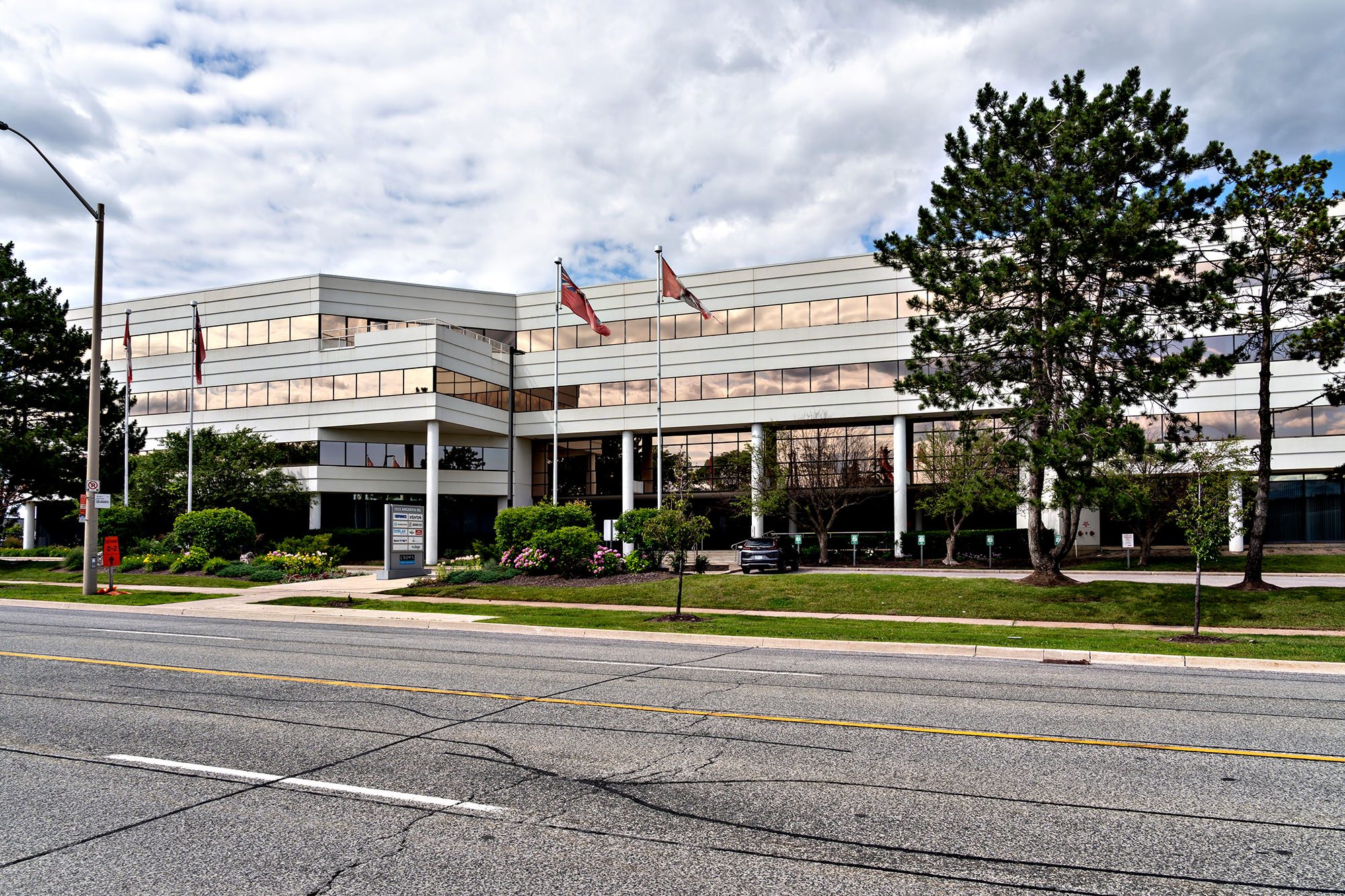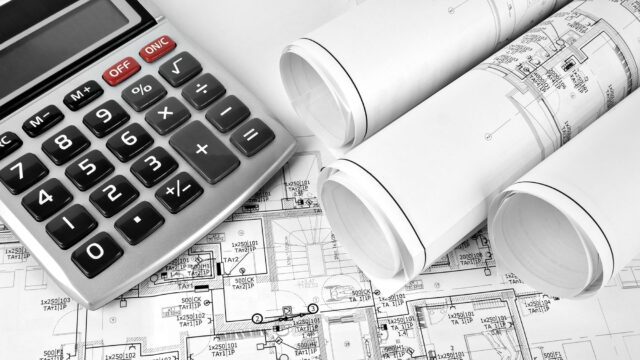
A Comprehensive Guide for Property Owners
Discover essential steps for commercial property owners to successfully navigate the renovation process, enhancing value and tenant satisfaction with UPPERAVENUE Construction Inc. Our service area includes Toronto, the GTA, Aurora, Newmarket, Vaughn, Mississauga, Oakville, and Pickering.

Understanding the Importance of Commercial Renovations
Renovating commercial properties is crucial for enhancing functionality and increasing overall value. By modernizing spaces, property owners can create environments that better meet the needs of their tenants, which can lead to improved tenant satisfaction and retention. For instance, a recent office space renovation of an office space in downtown Toronto included modern amenities such as open workspaces and collaborative areas, significantly reducing vacancy rates and attracting more businesses to the location.
Moreover, renovations can contribute to energy efficiency, which is increasingly important in today’s environmentally conscious market. Upgrading facilities with energy-efficient systems, such as LED lighting and high-efficiency HVAC units, can lower operational costs and reduce the property’s carbon footprint. The rising demand for modern and functional designs is driven by evolving work models and tenant expectations, making renovations not just a choice, but a necessity for property owners.

Step 1: Initial Planning and Research
The first step in any successful renovation is conducting a thorough assessment of the property’s current condition and ensuring compliance with local zoning and building codes. This includes evaluating structural integrity and identifying any necessary repairs. For example, a property owner planning to renovate a retail space should assess not only aesthetic improvements but also structural changes to accommodate an updated layout.
Defining clear renovation goals is equally important. Property owners should outline desired outcomes, such as increasing usable space or enhancing the building’s appearance. Engaging in market research can provide insights into current trends in the commercial property sector, ensuring that the renovations meet the demands of prospective tenants. Lastly, consulting with stakeholders, including existing tenants, can help gather valuable input regarding their needs and preferences, leading to a more successful renovation outcome.
Step 2: Budgeting for the Renovation
Creating a comprehensive budget is essential for any commercial renovation project. This budget should encompass all aspects, including design, materials, labour, and necessary permits. Property owners should also allocate contingency funds to address unexpected expenses that may arise during the renovation process, which can range significantly from under $40 to over $250 per square foot depending on the project’s complexity.
It’s also vital to understand the financial benefits of renovations. Research has shown that well-executed renovations can lead to increased property value and improved energy efficiency, translating into long-term savings. Regularly reviewing and adjusting the budget will help property owners stay aligned with their goals and respond to any changes in project scope or material costs effectively.

Step 3: Engaging Professionals
Hiring experienced contractors is a critical step in ensuring the quality and compliance of renovations. Property owners should look for contractors with a proven track record in commercial renovations, as they will understand the complexities involved and adhere to regulatory standards. For instance, a property owner renovating a healthcare facility should engage contractors who are familiar with healthcare-specific requirements to ensure compliance and safety.
Additionally, establishing clear contracts that outline the scope of work, timelines, and payment schedules is essential to avoid misunderstandings. Seeking recommendations and reviews from other commercial property owners who have undergone similar renovations can also help in selecting the right professionals for the job. This engagement ensures that the renovation process is smooth and efficient, minimizing potential issues down the line.
Step 4: Navigating Permits and Legal Requirements
Before commencing any renovation work, it is crucial to obtain the necessary permits and approvals to avoid fines and project delays. Familiarizing oneself with the legal and regulatory requirements specific to the location of the property can help streamline this process. For example, if a property is located in a historic district, additional approvals may be required to maintain compliance with preservation standards.
Engaging a legal advisor to review contracts and ensure compliance with local laws can further protect your interests. Keeping track of all submitted documents and correspondence related to permit applications is essential for future reference and accountability as you progress through the renovation stages.

Step 5: Managing the Renovation Process
Effective management of the renovation process involves developing a clear timeline that includes all phases of the project, from planning through to construction and post-construction inspections. Open communication with tenants during the renovation is vital to minimize disruptions and enhance their experience. For example, providing regular updates about construction timelines and potential impacts can help tenants feel informed and valued.
Monitoring the project closely allows for the swift resolution of any issues that arise, such as unexpected structural problems or supply chain disruptions. Scheduling regular progress meetings with contractors ensures that all parties remain aligned and can address any concerns proactively throughout the renovation journey.
Step 6: Post-Renovation Considerations
After the construction phase is complete, conducting a thorough final inspection is essential to ensure that all work meets the expected standards and quality. Keeping detailed records of the renovation process, including contracts, permits, and invoices, is important for future reference and can also assist in evaluations of the renovation’s success.
Evaluating the return on investment (ROI) after the renovation will help property owners assess the financial impact and benefits achieved through the improvements. This analysis can highlight areas of success and guide future renovations. Additionally, gathering feedback from tenants regarding the renovation can provide insights into their satisfaction and any potential areas for further improvement, ultimately aiding in the property’s ongoing success.
UPPERAVENUE Construction Inc. is available for a consultation to begin your commercial renovation by calling 1-647-834-8346 or e-mailing info@upperavenueconstruction.ca to set up a time to review your requirements.